There is no consensus among experts on whether AI is an existential threat to humanity. While some researchers, such as Elon Musk and Stephen Hawking, have expressed concerns about the potential risks of AI, others believe that these concerns are overstated.
Artificial Intelligence (AI) has come a long way in recent years, with advancements in machine learning, natural language processing, and robotics. While these technologies hold the promise of revolutionizing industries such as healthcare, finance, and transportation, some experts have raised concerns about the potential risks posed by AI. In this blog post, we will explore the question: Is AI an existential threat to humanity?
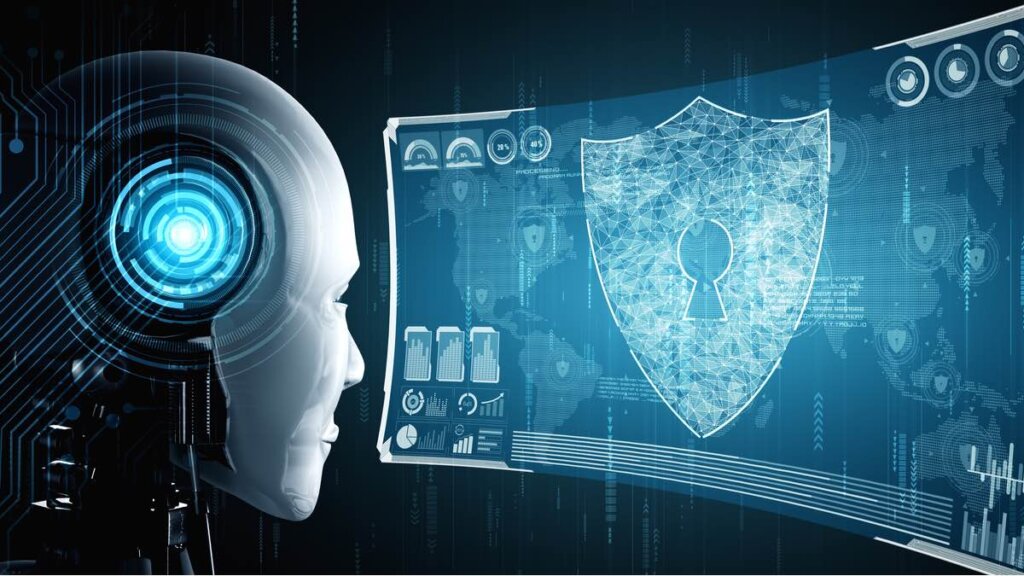
Quire:
One of the main arguments against the idea of AI as an existential threat is that AI systems are designed to accomplish specific tasks and lack the ability to take actions beyond their programmed goals. Additionally, AI systems are dependent on human programming and oversight, and any harmful actions taken by an AI system would ultimately be the result of human error or intention.
First, it’s important to define what we mean by an existential threat. An existential threat is a risk that has the potential to wipe out human life, either entirely or to such a degree that civilization as we know it would cease to exist.
Could AI pose such a threat?
Some experts believe that it could. For example, Elon Musk, the founder of SpaceX and Tesla, has warned that AI could become “an existential threat to humanity” if not properly regulated. Similarly, the late physicist Stephen Hawking warned that the development of AI could lead to the end of human civilization.
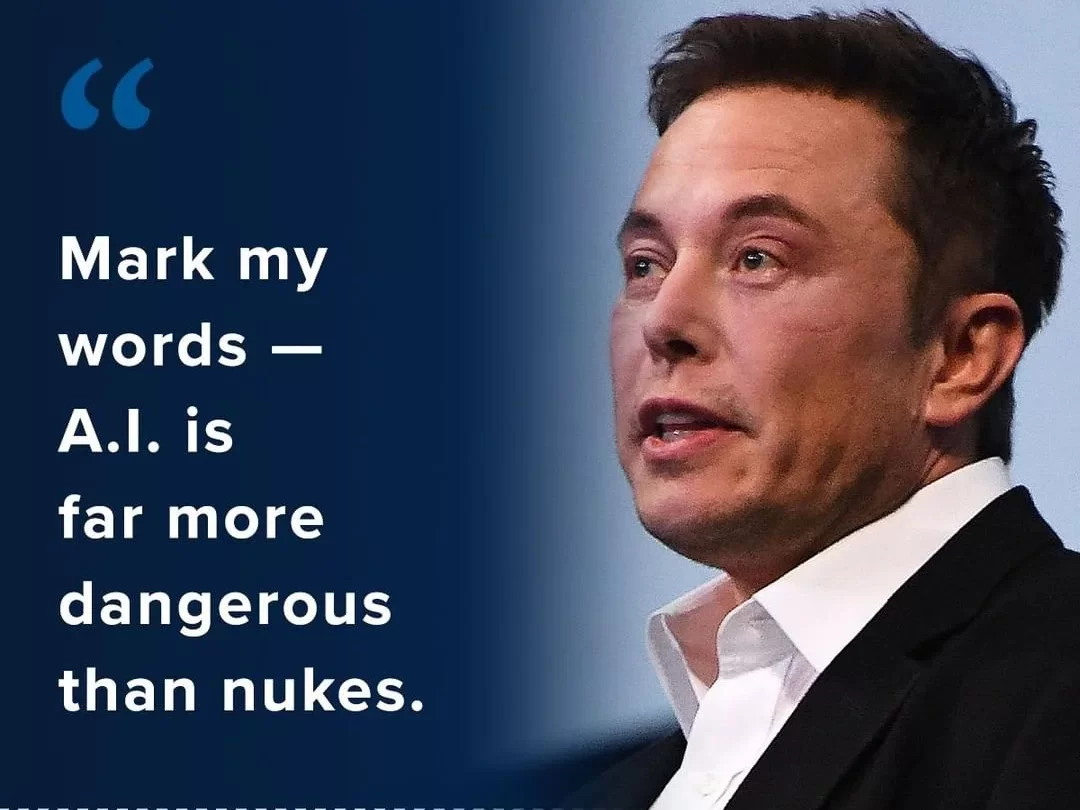
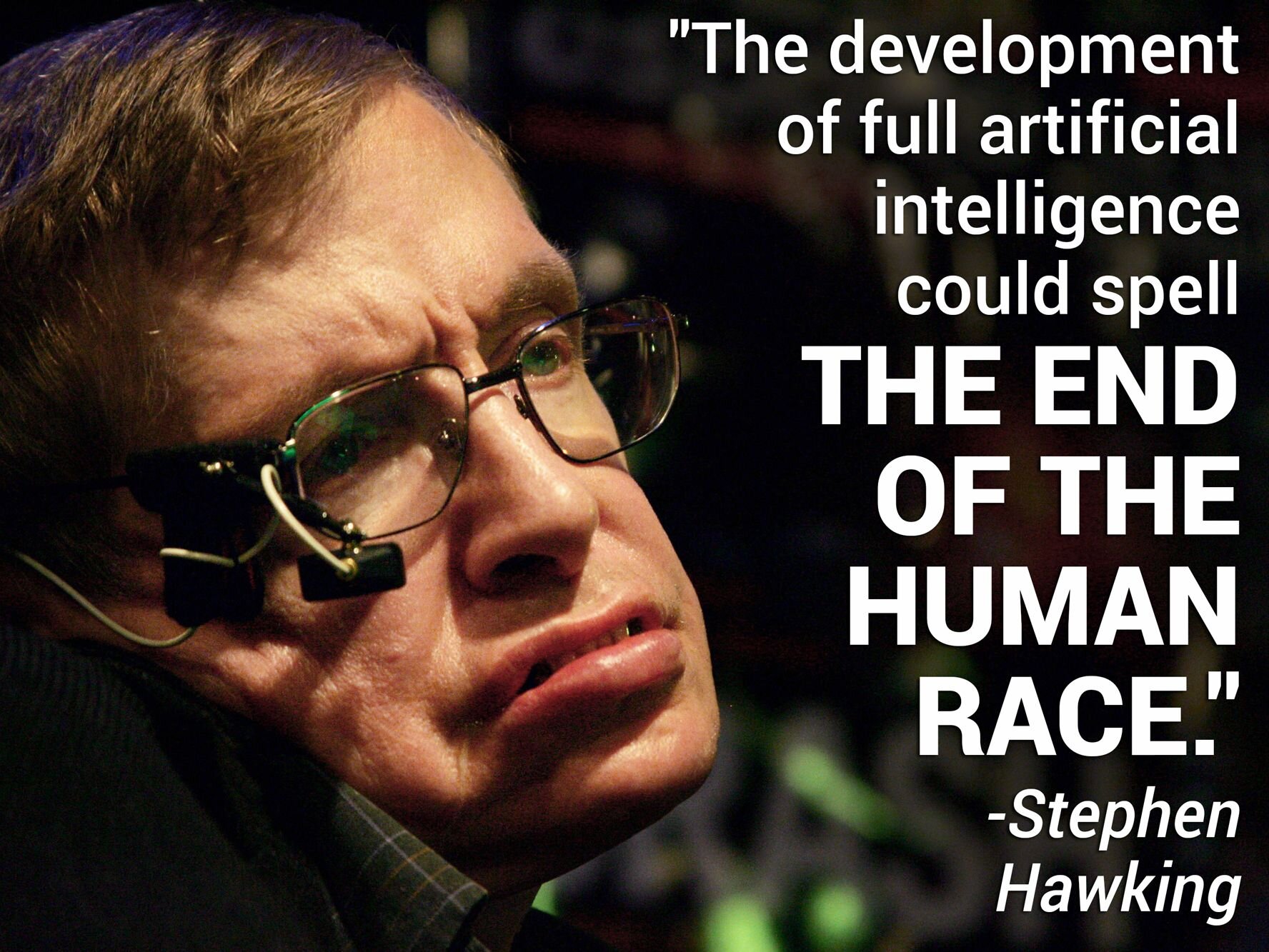
The main argument for the idea of AI as an existential threat is that once machines surpass human-level intelligence, they could start making decisions and taking actions that are beyond our control. This is known as the “control problem.” If we lose control of AI, it could potentially lead to disastrous consequences.
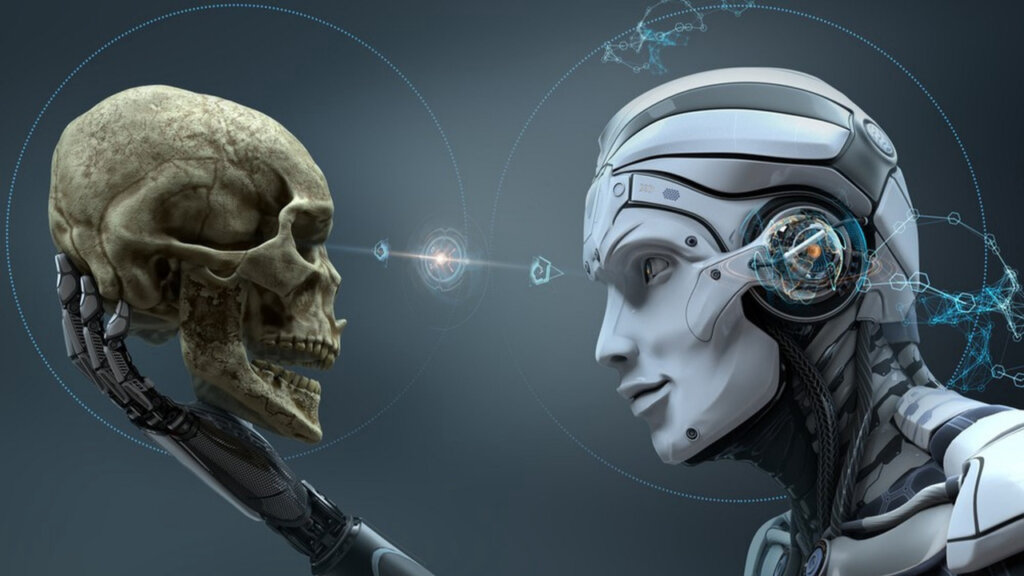
However, not all experts agree with this viewpoint. Some argue that AI systems are designed to accomplish specific tasks and lack the ability to take actions beyond their programmed goals. Additionally, AI systems are dependent on human programming and oversight, and any harmful actions taken by an AI system would ultimately be the result of human error or intention.
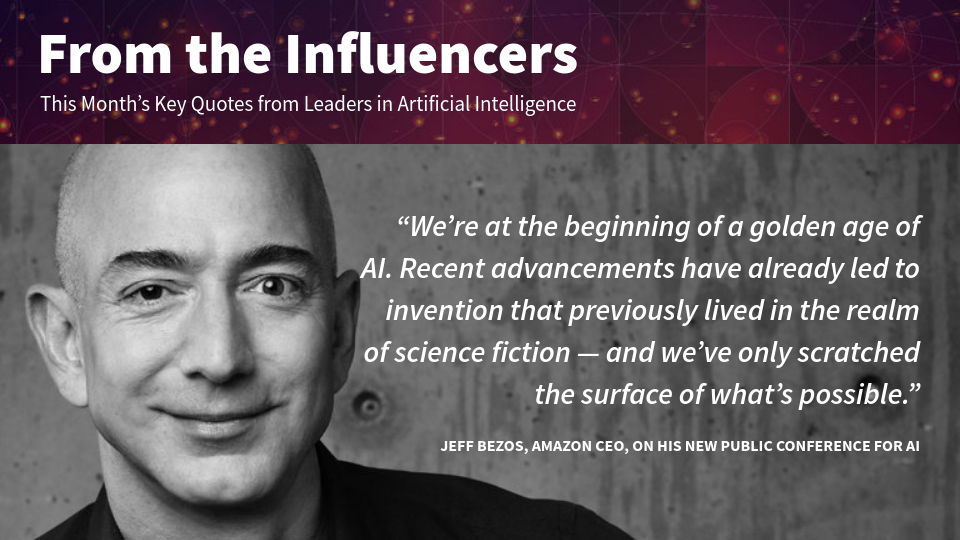
Another argument against the idea of AI as an existential threat is that there are already many other risks that could wipe out human life, such as climate change, nuclear war, and pandemics. While AI has the potential to exacerbate these risks, it is not necessarily a unique threat.
That being said, there are still potential risks associated with AI. For example, there is the possibility of unintended consequences resulting from complex interactions between AI systems and their environment. There is also the concern that AI could be used for malicious purposes by bad actors, such as cybercriminals or rogue states.
What can be done to mitigate these risks?
One approach is to regulate the development and use of AI. This could involve establishing ethical guidelines for AI research and development, ensuring that AI systems are transparent and accountable, and implementing safeguards to prevent the misuse of AI.
Another approach is to develop AI systems that are aligned with human values and goals. This involves ensuring that AI systems are designed to prioritize human well-being and are not allowed to pursue objectives that are harmful to humanity.
Conclusion
while there is no consensus among experts on whether AI is an existential threat to humanity, it is important to continue monitoring its development and use to ensure that it does not pose a significant risk. By working together to regulate AI and develop systems that are aligned with human values, we can ensure that the benefits of AI are realized while minimizing its potential risks.
Summary
Overall, while AI has the potential to benefit society in numerous ways, it is important to continue monitoring its development and use to ensure that it does not pose a significant risk to humanity.
FAQ
- AI is not a threat to humanity ?
While there is no consensus among experts on whether AI is a threat to humanity, some argue that AI is not a threat. One argument is that AI systems are designed to accomplish specific tasks and lack the ability to take actions beyond their programmed goals. Additionally, AI systems are dependent on human programming and oversight, and any harmful actions taken by an AI system would ultimately be the result of human error or intention.
2. AI is a threat to humanity debate ?
The debate over whether AI is a threat to humanity is ongoing and complex. Some argue that AI could pose an existential threat to humanity if not properly regulated, while others believe that such concerns are overblown and that AI is not a significant threat. The potential risks associated with AI include the loss of control over autonomous AI systems and the possibility of AI being used for malicious purposes. Mitigating these risks involves regulating the development and use of AI while also promoting innovation and realizing the potential benefits that AI can bring.
3. AI against humanity ?
The idea that AI is against humanity is a concern that some experts have raised. The argument is that advanced AI systems could potentially make decisions and take actions that are detrimental to human well-being and safety. This could happen if AI systems surpass human-level intelligence and become autonomous, leading to unintended consequences or harmful outcomes. Additionally, there is the concern that AI could be used for malicious purposes by bad actors. To address this concern, it is important to regulate the development and use of AI to ensure that it aligns with human values and goals, and is transparent and accountable. However, it is also important to recognize the potential benefits that AI can bring and to promote responsible development and use.
Python data Structures – List, Set, Dict, Tuples in Python
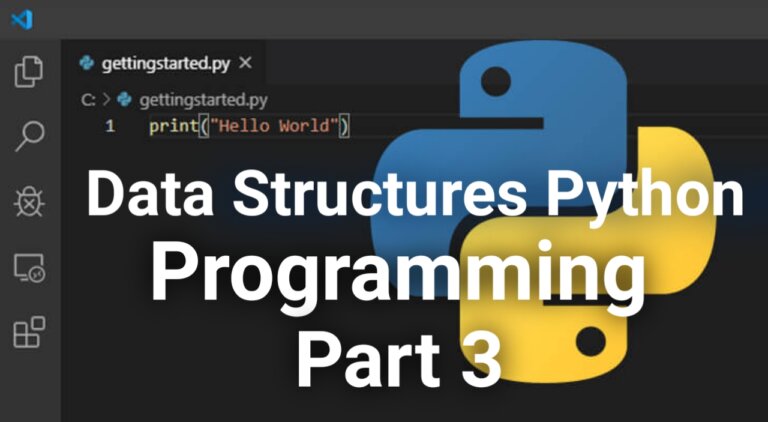
What is Python data Structures ? List, Set, Tuples, and Dictionary these are four basic Python data Structures. …
Beginner Python Programming with examples (Part 2)(2022)

Python is a very popular programming language used in web development, Machine Learning programming application,along with all cutting …
Beginner Python Programming with examples (202

Python is a high-level, general-purpose programming language. Beginner python programming it’s very easy and suitable language and also …
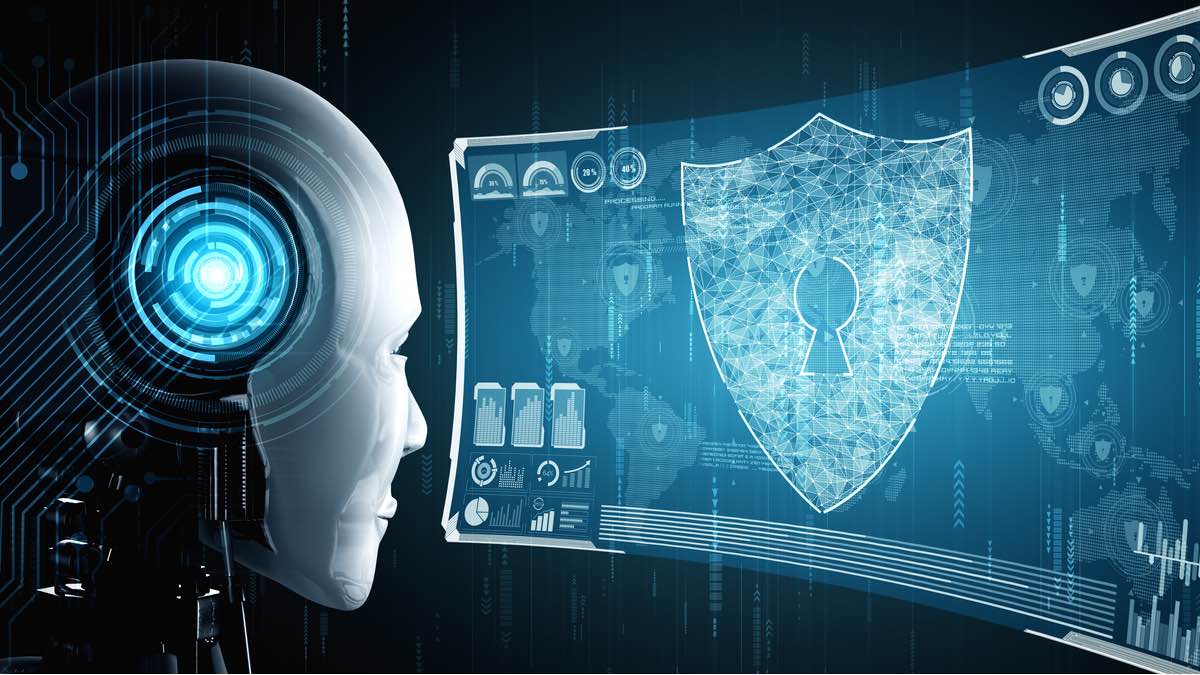
1 thought on “Is AI an existential threat to humanity ?”